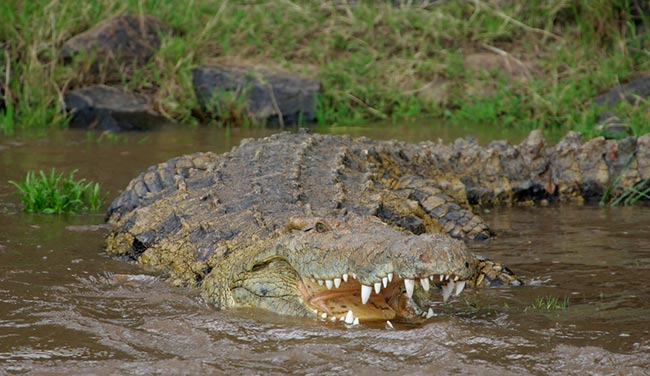
Kpana
KPANA lived on an island situated on the west coast of Africa.
His home was in a pretty, neat white house, that stood facing the sea. The front yard, in which, Kpana sometimes played was surrounded by a hedge of lime-trees. Kponowento (Little-Branch), Kpana's sister, often gathered her apron full of this fruit, which had fallen off during the night, and made a cool, delicious drink for breakfast.
There were century trees in the yard. None of them were yet a hundred years old, so that they did not blossom; but their broad, glossy leaves sparkled in the noonday sun.
A bread tree also shaded the east window of the house, the fruit of which was not unlike nice creamy biscuit.
Behind the house, palm-trees waved their graceful branches, the cashen bent beneath its dark, heavy foliage, and the wide-spreading tamarind afforded shade from the burning heat. The luscious pineapple was there too. These do not grow on trees, as our apples do, but from a plant, whose sharp-pointed leaves spring from the root. From the midst of these leaves, a single spike of flowers is thrown up; and, therefore, a single fruit appears, on the top of which is a cluster of small, green leaves.
The fruit, as you know, is cone like in shape; but, when seen growing, you are not reminded of the pine woods, where you gather lovely, little cones, that have fallen from the trees; for the delicious fragrance of the fruit is as unlike the odor of the piny forest as the sky above is different from our own native sky.
But it is of the sea, in front of the house, to which my story relates. How it shimmered and glowed in the hot tropical sun! How lazily the ripples washed the shore at times! But how delightful it was to this small black boy, Kpana, to wade out into its warm limpid depths, and then rush back to the shore, when a larger wave was approaching!
It was fun to let the wave overtake him, and wash over his head, drenching him in a warm bath.
But there was danger lurking in the sea, of which Kpana could not be warned. A little way from the shore was a sandbank; and, when the tide was out, a massive creature, an inhabitant of this soft, beautiful sea, came out to sun himself. It was at the mouth of a wide river, and the river was the home of the crocodile.
Kpana had been often warned by the missionaries, who lived in the pretty white house. Indeed, he had been forbidden to go there alone; but, like many an older and wiser one, the sea chinned him, and poor Kpana at last found that death itself was the penalty for disobedience. The little boy went down to the shore one sultry afternoon, when lessons were over at the mission, and the temptation for a wade was too much for him.
But, alas! The ugly crocodile was near, perhaps waiting for him. Like a hidden foe who strikes in the dark, the great creature, lurking beneath the water, clutched the boy's limbs, and drew him down, down into his terrible jaws.
A boy from the shore heard his cry of terror, and ran to him, just as he was disappearing.
When friends gathered, there was only the huge creature, slowly moving out into the river.
There the waves rippled and sparkled as gaily as ever, and the hot African sun grew less fervid as it sank behind the western hills, painting the sky in flaming colors; but the eager, happy face of little Kpana was forevermore missed from the mission school, where he was a favorite pupil.
Children, do you know there is an enemy watching just as slyly and artfully for you as the alligator did for Kpana; and if you disobey the warning of your great Friend, and venture upon the ground of this wily foe, you cannot expect to come off without some hurts, and may be very likely to meet a destruction more terrible than did the little African boy.
The Well-Spring.